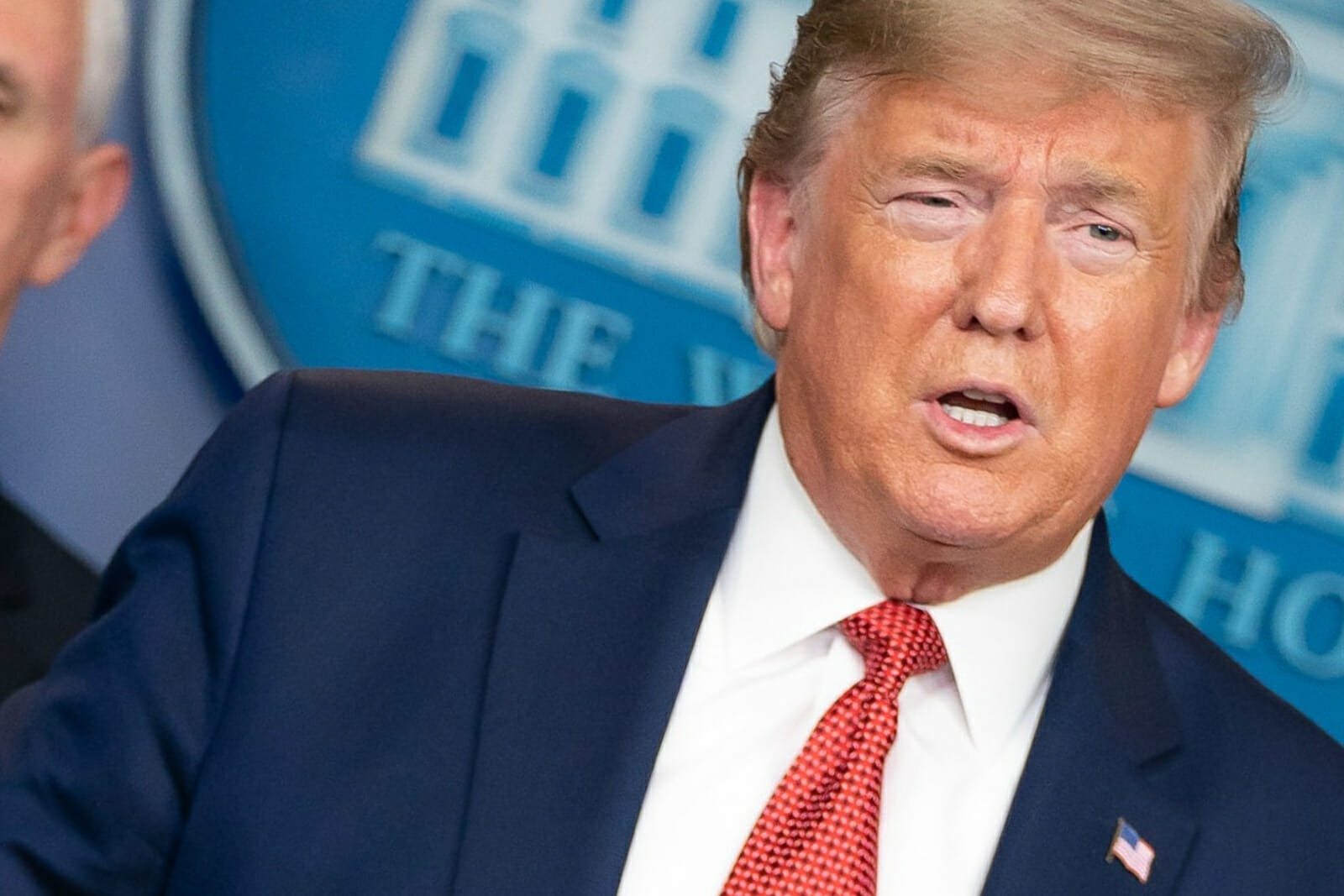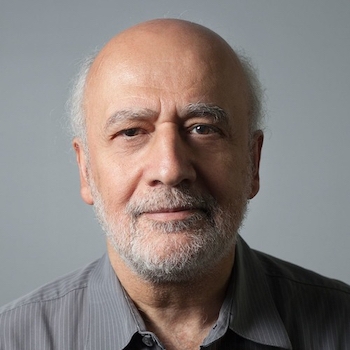
Coronavirus Confirms that Trump is a Declinist
“America First,” the slogan popularized by Donald Trump in his successful 2016 presidential campaign, reflects his personal will to assert Washington’s primacy worldwide. However, an alternative interpretation could suggest that Trump’s slogan, and the assumptions underlying it, are rather a reflection of America’s decline.
Both during the presidential campaign that catapulted him to success and in this election year, Trump has strived to bring back an idealized past of social harmony and worldwide recognition. He has repeated that no nation should take advantage of the U.S. and has warned that those who do will pay a heavy price. He has argued that U.S. technological leadership is undeniable and that military muscle is, once again, essential. Finally, he has vowed that Washington will regain its power and impose its preferences on international organizations. These arguments support the idea that Trump might be a “declinist.” This unchallenged supremacy is, to a great extent, just an illusion, while arrogance is actually a sign of weakness.
Let us review some indicators. When it comes down to the military, America has held a mediocre record that continues to drop. Since WWII, Washington has secured pyrrhic or hollow victories ranging from the invasion of Grenada in 1983 and Panama in 1989 to a temporary triumph in Iraq in 1991. From 2001 to 2020, according to Brown University’s Cost of War Project, the budget allocated to wage the “war on terror” was estimated at $6.4 trillion dollars with a civilian and military death toll at hundreds of thousands and the total number of refugees and displaced persons over 21 million.
Economic growth and employment rates during Trump’s first term are higher than those of U.S. Western allies. Nevertheless, civil unrest sparked by the collision of interests from the corporate world and the political arena, which perpetuates a system characterized by a lack of regulation, greater inequality and wealth distribution, is on the rise. According to a poll by the Pew Research Center from January of 2020, 6 in 10 Americans believe there is too much economic inequality in the country. Trump has not brought back the welfare state but instead has reinforced what many have already defined as a plutocracy that results in strong social polarization. It will be difficult for Washington to restore the hegemony that it once enjoyed within the current context of a divided, strained society. The handling of coronavirus by the Trump administration just reinforces America’s decline.
At the same time, Washington’s contest with Beijing reveals America’s relative fall and China’s steady rise. For instance, from 1950 to today, U.S. participation in the global economy has been reduced by half. According to Australia’s 2017 Foreign Policy White Paper, America’s GDP was worth $18.1 trillion dollars in 2016, while China’s reached $21.4 trillion dollars. By 2030 their respective forecasts are $24 trillion dollars and $42.4 trillion dollars. Still, the most salient fact is that in 2017, China’s Communist Party set its sights on becoming the global leader in artificial intelligence by 2030 and has consistently invested to make that happen. On this battlefield, the technological rather than the commercial one, a strategic confrontation between both countries will take place. The way China is containing coronavirus and the global concern that the United States may become, after Europe, the core of the pandemic, is also a demonstration of Washington’s loss of soft power and Beijing growing world prestige.
Additionally, another great power is proclaiming its supremacy through the establishment of international regimes, the strengthening of multilateral institutions and global affairs governance. The Trump administration has chosen to go down the opposite path. It instead destabilizes regimes (for instance, non-proliferation ones), weakens institutions, (for instance, the WTO) and affects the collective management of critical issues (for instance, climate change). Trump’s personal style, with both paranoid and narcissistic traits, has played a major part in America’s loss of prestige, reputation, and legitimacy. Again, the unilateral, confusing and poor management of the coronavirus pandemic confirms America’s decline.
Nonetheless, it should be stressed that Washington still relies on many powerful and influential attributes. The heart of the matter is that Trump’s foreign policy is fraught with serious dangers; especially for Latin America. Our region is hit by political instability, a stagnant economy and the fragmentation of diplomacy; these, in turn, pave the way for an arrogant display of the American decline under Trumpism. Therefore, it is time for our governments to remain cautious and patient.

